Here is the description from the book site:
As featured in the Fall 2018 edition of The Magnolia Journal and on the Rise Together podcast with Dave and Rachel Hollis, For the Love podcast with Jen Hatmaker, Typology podcast with Ian Morgan Cron, and Sleeping At Last podcast with Ryan O'Neal.
How to understand the 'why' behind your enneagram type.
Chris Heuertz’ life was forever changed after he learned about the enneagram 15 years ago, and since then he has trained under some of the great living Enneagram masters including Father Richard Rohr, Russ Hudson, Marion Gilbert, and Helen Palmer. Today he leads enneagram workshops all over the world. Join Chris as he shows you how this ancient tool can help you awaken to the gifts God has given you, find freedom from your personal patterns of sin and fear, and grow in acceptance of your identity as you grow with God.
The Sacred Enneagram is a trustworthy, richly insightful guide to finding yourself in the enneagram’s 9-type profiles, and applying this practical wisdom to transform your life. Far more than a personality test, author Chris Heuertz writes, the enneagram is a sacred map to the soul. The enneagram offers a bright path to cutting through the internal clutter and finding our way back to God and to our true identity as God created us.
In conversational style with compelling stories, The Sacred Enneagram will show you
- How to understand the 'why' behind your type, beyond caricatures and stereotypes
- How to align your type with prayer
- How to identify and find freedom from self-destructive patterns
- How to grow in reasoning ability
- How to face your past and step toward healing
- How to awaken your unique gifts to serve today’s broken world
When you’re helping someone in any role it’s valuable to know their spiritual IQ center because then you can better speak their language. For instance, if you’re talking to a group of people, all three types are there and will appreciate you incorporating their triad or mode of being and doing.
Give Gut types some quiet space where they can have control. Short pauses, breaks, and the opportunity to share opinions will engage them.
Give Heart types the opportunity to relate with other people, perhaps by sharing with a partner or group.
Give Head types good thoughts to chew on and an organized presentation that lets them analyze things.
The Enneagram is a geometric symbol containing nine points and nine (or more) intersecting lines (the Greek word for “nine” was ennea). The symbol dates back to Pythagoras and was introduced to the West by George Gurdjieff in the 1900s. In the 1960s, Oscar Ichazo linked the symbol with nine different personality types. Ichazo taught a system of 108 Enneagrams, but the ones that caught on in the United States were those of the Passions, the Virtues, the Fixations, and the Holy Ideas. Ichazo’s aim was to explain the difference between Essence and personality (or ego). He believed every person is, in his Essence, perfect and in unity within himself as well as with the cosmos. However, the Essence is distorted into the ego. Ichazo saw the Ennegram as a way to examine how that distortion occurs.
There are a variety of modern theories regarding the Enneagram. The current Enneagram of Personality comes from Claudio Naranjo’s expansion of Ichazo’s work with later expansions made by Don Riso and Russ Hudson. The idea of nine personality types is based on the concept of the nine divine forms (Plato and, later, Plotinus), the seven deadly sins, and Kabbalah traditions. Ichazo was influenced by many religious and philosophical traditions including mystical Judaism (Kabbalah), Christianity, Buddhism, Islam, Taoism, and Greek philosophy. Thus, the Enneagram of Personality is a synthesis of many different ideas.
According to the Enneagram Institute, the Enneagram can help people restore balance to their “personality structure” and develop more desirable spiritual and psychological qualities. Believers in the Enneagram seek to unravel the mystery of their “true identity.” They see themselves as spiritual beings who have lost contact with their true nature. Once they discover their “true self”—by means of the Enneagram—they experience a spiritual awakening full of freedom and joy.
There is an obvious spiritual danger associated with the Enneagram of Personality. When viewed as a religion unto itself or a means by which to achieve some sort of spiritual liberation, the Enneagram obviously contradicts the Bible. It “has a form of godliness but den[ies] its power” (2 Timothy 3:5). The Enneagram Institute is correct that we are spiritual beings and we are not living as we were meant to. But the solution is not to get in touch with our “true nature”; it is to cry out to God for salvation. We are sinners in need of God’s forgiveness (Romans 3:23; 6:23), which is made available by His grace through faith in Jesus (Ephesians 2:8–9). Those who are dead in sin (Ephesians 2:1) cannot achieve a spiritual awakening on their own; they must receive the life of Christ—regardless of their personality type. In Christ we are born again and made new (2 Corinthians 5:17). It is through His power at work in us that we become righteous (Philippians 1:6; 2 Corinthians 3:18). Our lives are meant to be lived for His glory.
That being said, there may be some value in the Enneagram of Personality—not in the mystical philosophies behind it, but in the understanding of different personalities. The Bible teaches that we are uniquely formed by God. The New Testament speaks of spiritual gifts given for the mutual building up of the Body of Christ. Understanding who we are can help us better serve God. And personality profiles, in general, can be a useful tool.
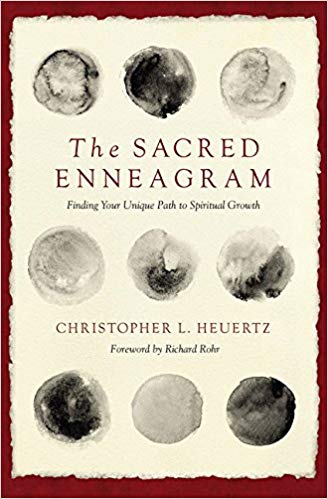

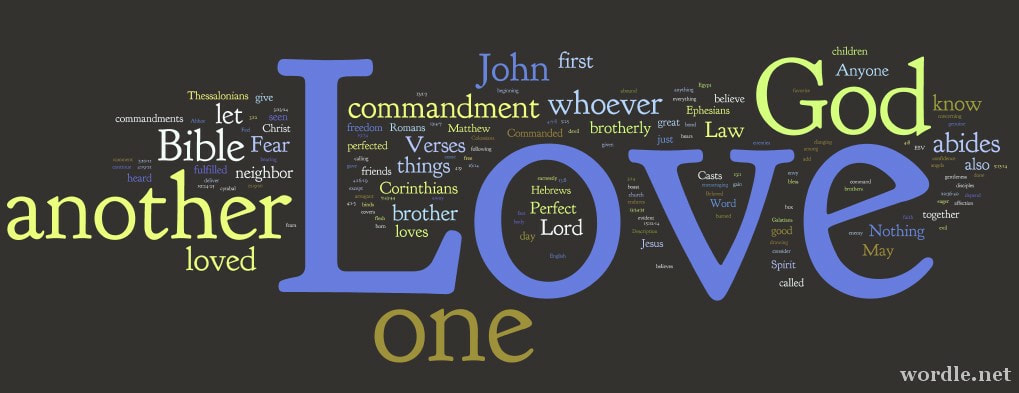
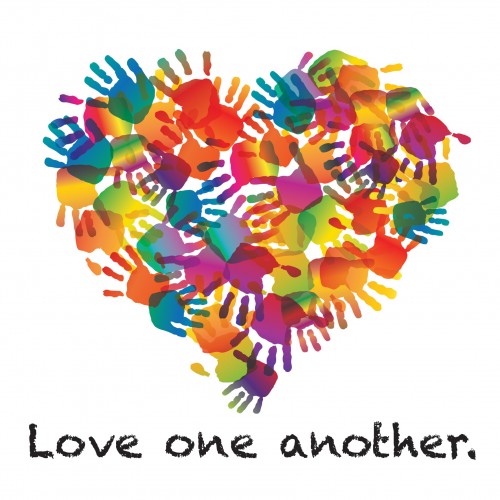


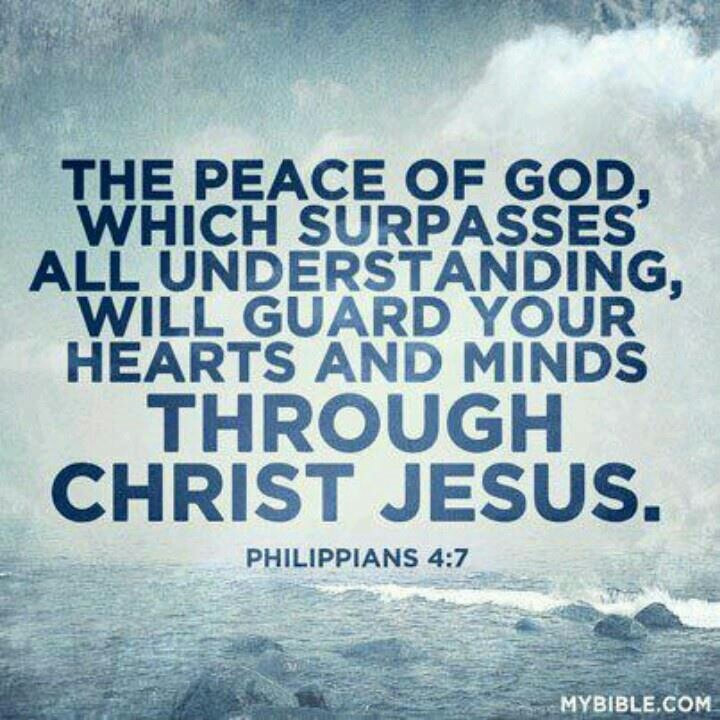


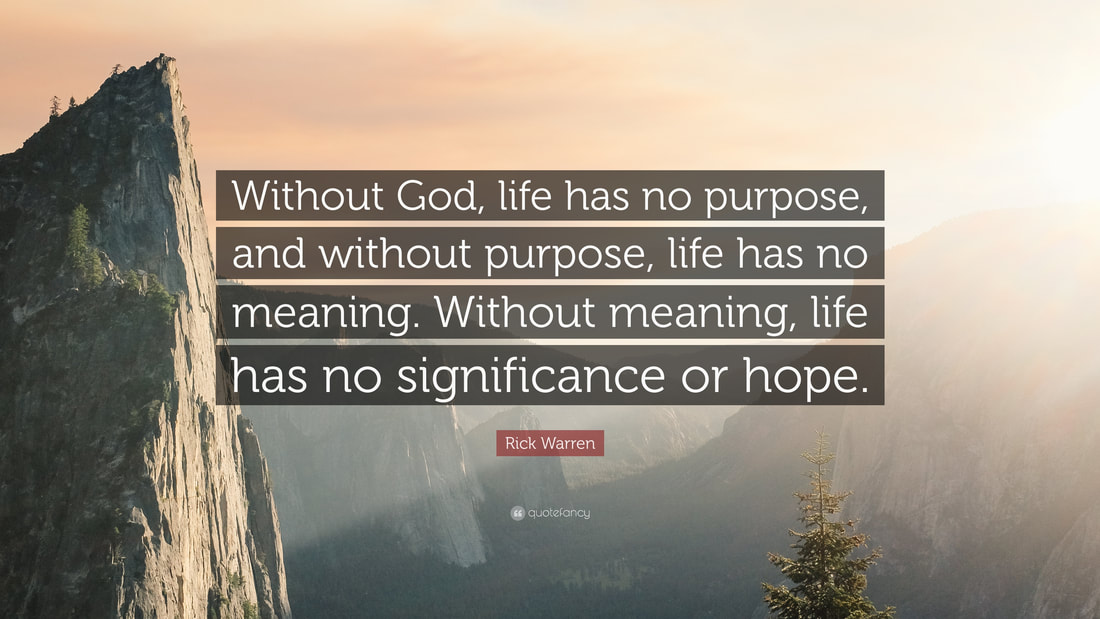
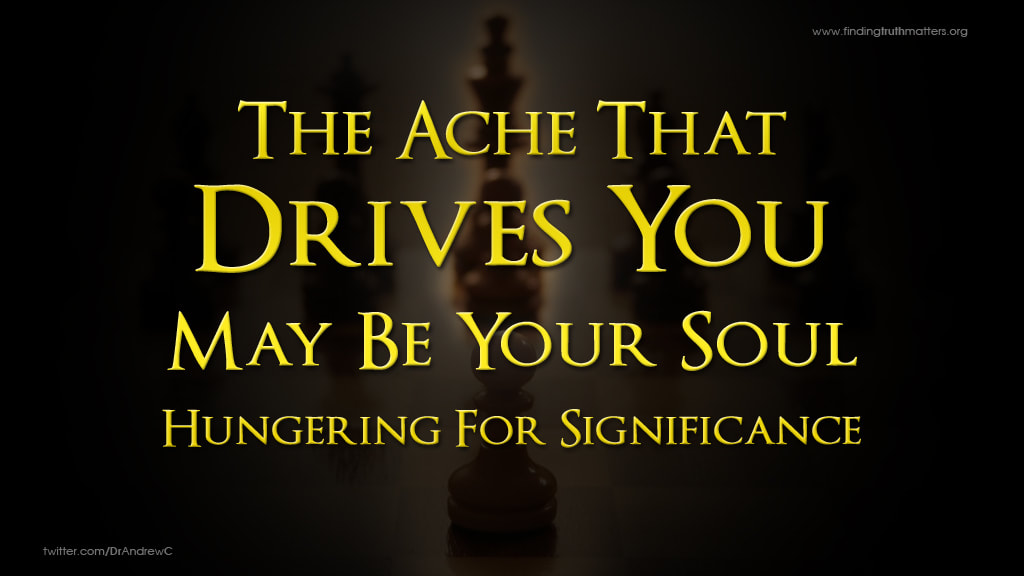

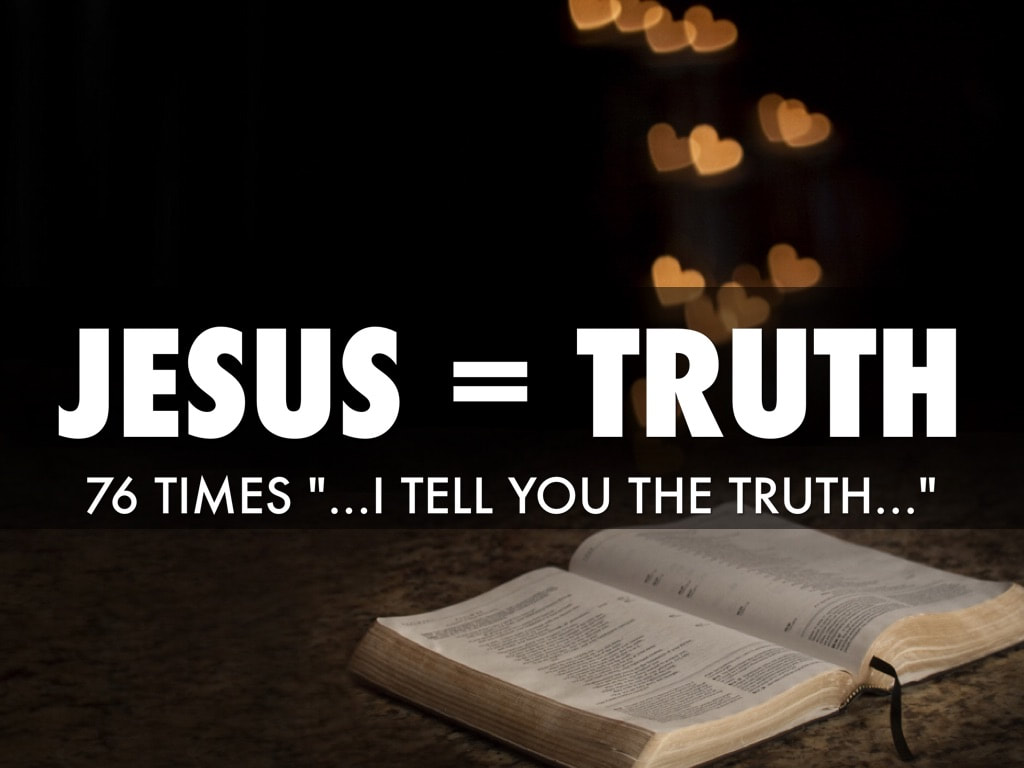
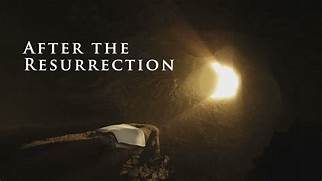




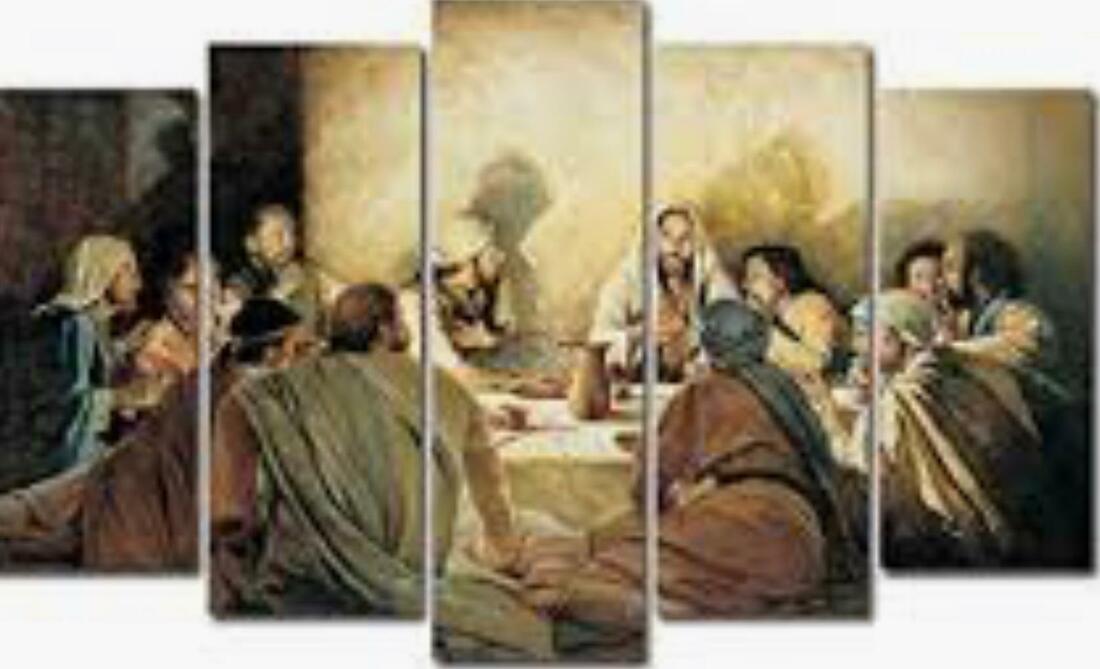


 RSS Feed
RSS Feed